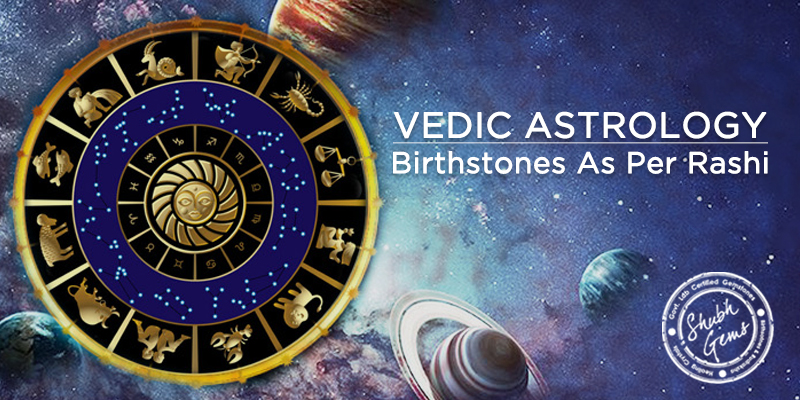Vedic astrology, also known as Jyotish, is an ancient system of astrology that originated in India thousands of years ago. It is based on the Vedas, which are ancient Hindu texts that contain a wealth of knowledge on a range of subjects, including astronomy and astrology.
Vedic astrology differs from Western astrology in several ways. One of the main differences is the use of the sidereal zodiac, which is based on the actual positions of the stars and planets in the sky, rather than the tropical zodiac used in Western astrology. Vedic astrology also places a greater emphasis on the role of the moon and lunar cycles in astrology, and it uses a system of planetary periods known as dashas to predict future events.
Vedic astrology uses a range of techniques and tools to interpret astrological phenomena, including the placement of planets in different houses of the horoscope, the aspects between planets, and the use of nakshatras, which are lunar mansions or star clusters. The goal of Vedic astrology is to provide insight and guidance into various aspects of life, including career, relationships, health, and spirituality.
Vedic astrology continues to be an important part of Indian culture and spirituality, and it has also gained popularity around the world in recent years. Many people find that Vedic astrology offers a unique and valuable perspective on their lives and helps them to gain a deeper understanding of themselves and the world around them.

